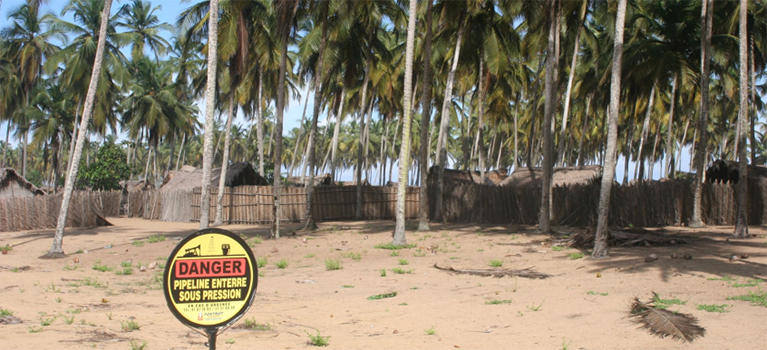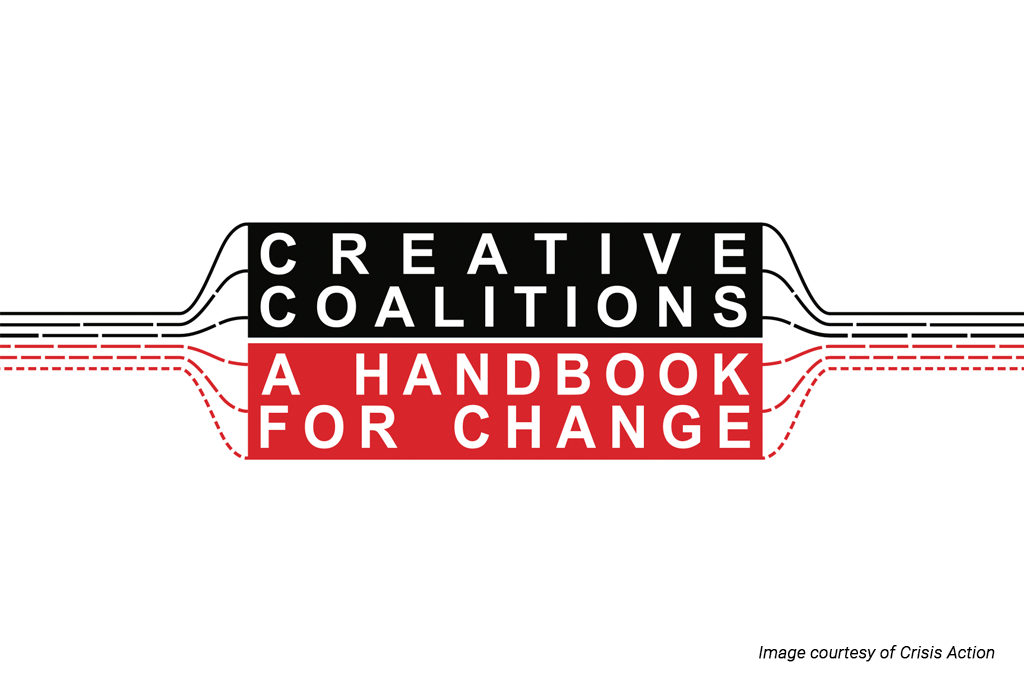It may be a cliché, but it still rings true that natural resources often prove a curse rather than a blessing to citizens. This is particularly the case for those communities living near extractive sites. Not only does wealth generated by extractive projects rarely trickle down to them, but they suffer all the disadvantages of living near such a site: pollution, relocation, loss of land and livelihood, conflict and more. Their say over how these projects are managed is minimal, most – if not all – of the decisions are brokered between government and company. When it comes to engagement, communities are often an after-thought.
Communities experience twin difficulties – a deterioration of living conditions and a process of disempowerment as they lose control over their environment. A lack of information and communication, combined with differing expectations, exacerbate an already tense situation and communities often turn to direct action – barricades or protests for instance – to have their voices heard. These direct actions do get attention, but they rarely result in positive change for communities. More often than not, communities are subjected to repression and violence as a result of their actions.
The picture looks bleak. So what can a campaign such as Publish What You Pay do? The focus on revenue transparency can, to be sure, decrease corruption and mismanagement of natural resources, so that citizens eventually benefit from extraction. But what can be done about the lives communities are currently leading in resource-rich countries? Where does transparency and accountability come into play?
Increasing openness and transparency at the local level can do a great deal. For Publish What You Pay Côte d’Ivoire, working directly at the local level has four broad aims: to reduce conflict; strengthen the negotiating hand of communities; strengthen the credibility of communities as stakeholders and create a platform through which citizens can engage.
To find out more about PWYP Côte d’Ivoire’s work, with a focus on the oil and gas producing region of Jacqueville, read the full case study.











